What’s the Buzz
The Bee Healthy Blog
How to Recover From a Panic Attack
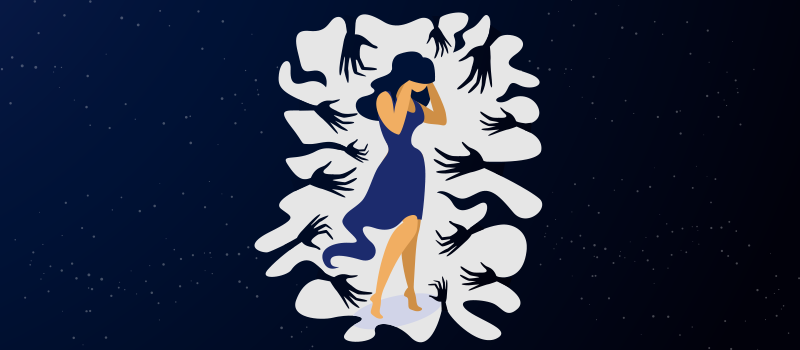
Out of the blue, your heart starts galloping, you break out in a sweat, and you begin to feel lightheaded. Within a few minutes, you experience difficulty breathing and feel like you’re losing control of your body. The fear is so intense that you think you might be dying–that’s what a panic attack can feel like. If this sounds familiar, please keep reading. In this article, we will share some ways you can recover from a panic attack.
What is panic disorder?
Panic disorder belongs to a broad range of conditions called anxiety disorders. Specifically, it is a condition characterized by the episodic occurrence of panic attacks. Panic attacks, also called anxiety attacks, are sudden episodes of intense fear, anxiety, or panic that occur in everyday situations without any real danger. Fear overwhelms the person experiencing a panic attack.
In addition to emotional symptoms, a panic attack can also trigger physical symptoms such as fast breathing, pounding heartbeat, chest pain, sweating, and dizziness. These symptoms occur because the body’s sympathetic nervous system activates the fight or flight response. It increases adrenaline levels and puts you on high alert to deal with the perceived danger.
Coping with panic attacks can be rough. But there are things you can do to calm yourself when a panic attack begins and to prevent future panic attacks.
How can I manage panic attack symptoms?
Here are some techniques that can make it a bit easier to cope with a panic attack.
Practice Breathing Techniques
During a panic attack, you feel anxious, and your breathing becomes fast and shallow. As a result, your body doesn’t get enough oxygen. By taking deep, slow, controlled breaths, you can help restore a normal breathing rate and give your body more oxygen. When you breathe deeply, it activates the parasympathetic nervous system and helps to stop the panic attack. Moreover, peer-reviewed studies have shown that deep breathing can improve overall emotional well-being.
Chant a Mantra
Repeating a mantra can help refocus your mind and recover from a panic attack. The mantra can be any positive affirmation that is meaningful for you, such as — I am safe, I am in control, I am calm, or I am at peace. Mantras help overcome negative thoughts and replace them with calming, relaxing, positive ones.
Block Out Stimuli
In some individuals, panic attacks can be triggered by fast-paced environments with too many people or stimuli like different sights, sounds, and smells. These stimuli can make the panic attack worse. If possible, remove yourself from such an environment. If that’s not possible, try closing your eyes to block out the stimuli and focus on your breathing.
Practice Mindfulness
A panic attack can make you feel detached from reality. Mindfulness can help ground you again. To practice mindfulness, focus your attention on the present, recognize your emotional state, and meditate to calm yourself. It may help to focus your attention on a familiar object, such as a painting in your room. Thinking about the colors, shapes, sizes, and patterns in a familiar object can divert your mental energy and cause your anxiety symptoms to subside.
Try Muscle Relaxation Techniques
One of the physical symptoms of an anxiety disorder or panic disorder is muscle tension. Muscle relaxation techniques can help release this tension. Start by relaxing specific groups of muscles, such as the neck and shoulders, and slowly move your way through the entire body to ultimately relax the whole body. If you’re not sure how to do this, ask a massage therapist or physical therapist to show you. Muscle relaxation techniques will work best if you practice them before your next panic attack.
Picture a Happy Place
Therapists often use guided imagery techniques in people with anxiety disorder. You can use the same techniques during panic attacks to reduce anxiety. This involves picturing a calming, relaxing, happy place such as a cabin in the mountains or a sandy beach with swaying palm trees. The trick is to focus your mind on the details of this place, including the sights, sounds, and smells.
Do Light Exercise
Light exercise and low-impact physical activity can help regulate your nervous system, blood pressure, and breathing during an anxiety attack. An excellent example of such an activity is yoga which is low-impact and involves deep breathing and focusing on body movements.
How to recover from a panic attack hangover?
The emotional and physical changes during a panic attack can leave you feeling exhausted and unable to carry on with your daily life. Panic attack hangover refers to the after-effects of panic attacks. Here are some self-care tips on dealing with a panic attack hangover:
- Get some rest.
- Change your body position (if you were pacing during the panic attack, try lying down).
- Move to different surroundings.
- Relax with an essential oil to reduce stress.
- Eat a healthy snack.
- Take a nap.
- Do some light exercise.
- Talk to a loved one, such as a trusted friend or family member or someone from your support group if you’re part of one.
- Take a cold shower.
Is there a medical treatment for panic attacks?
Yes, there are effective treatments available for panic disorders. If your panic attacks are severe or happen very frequently, you should consult a mental health professional. Panic disorder is a medical condition that can be treated with counseling, talk therapy, and medications. Mental health professionals can evaluate you and study any other symptoms in addition to panic attacks and recommend the appropriate treatment.
References:


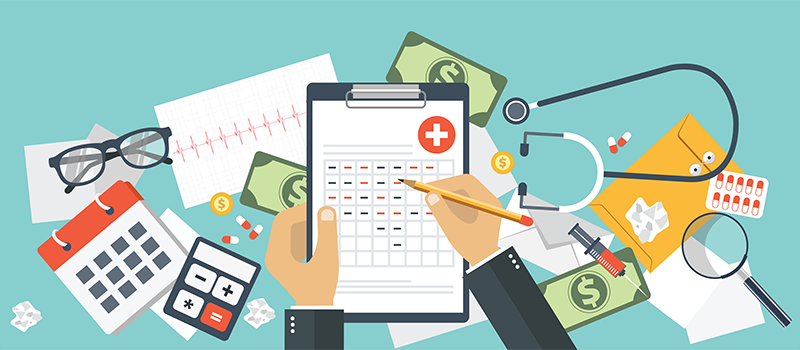
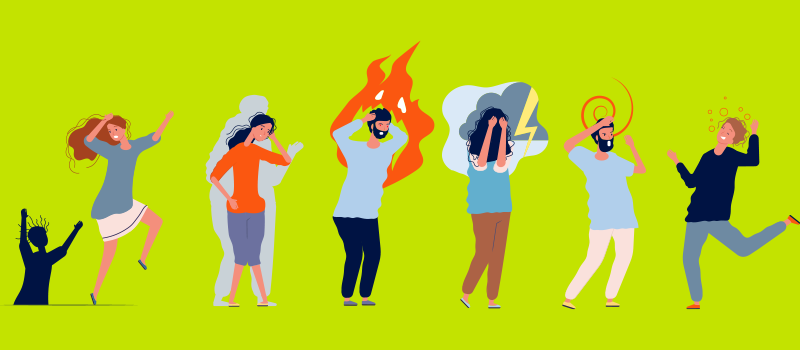

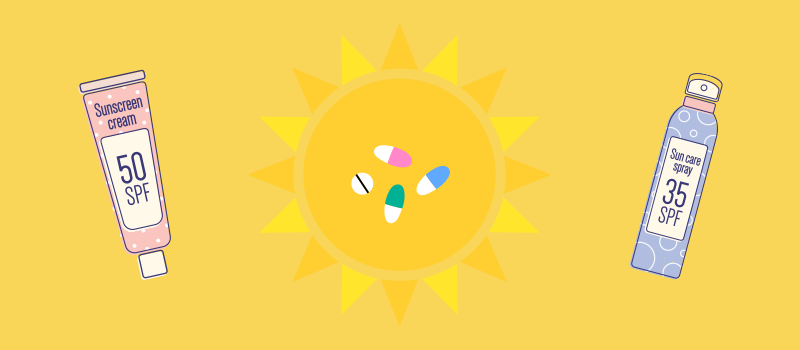
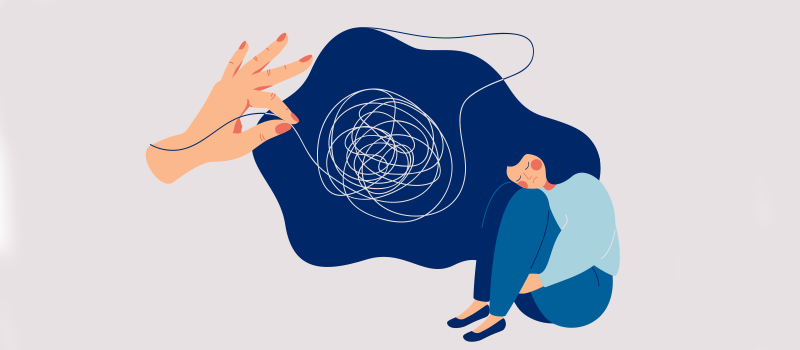
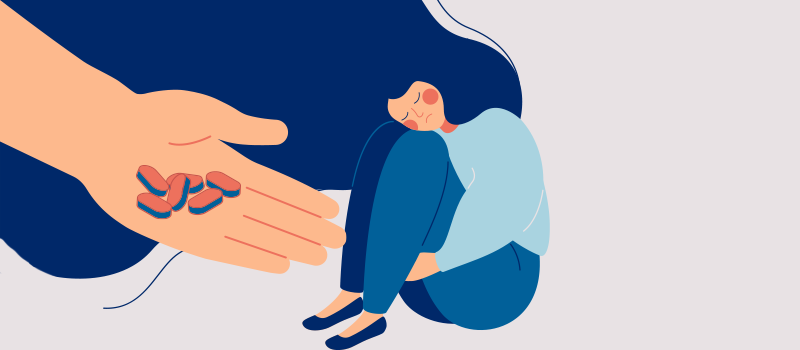

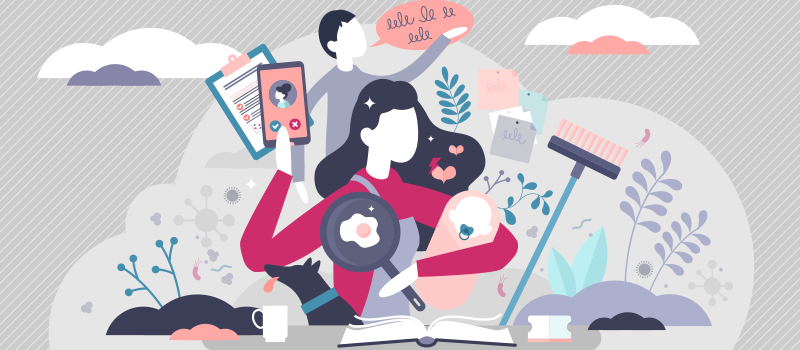


SOCIAL